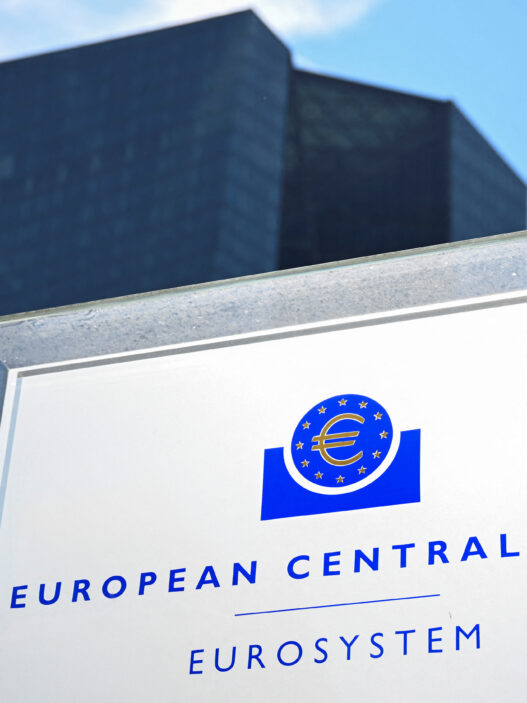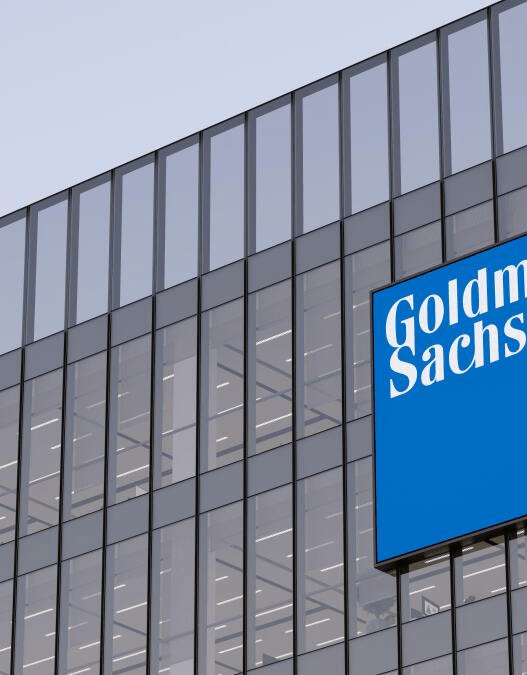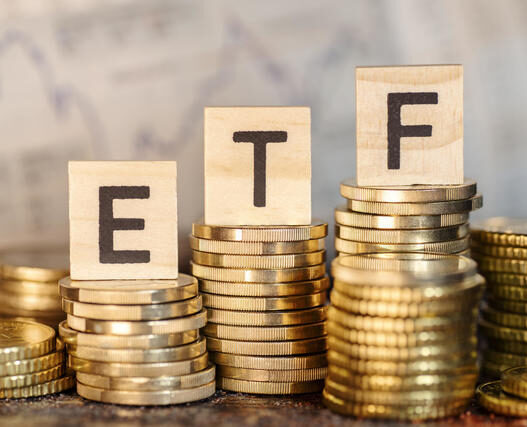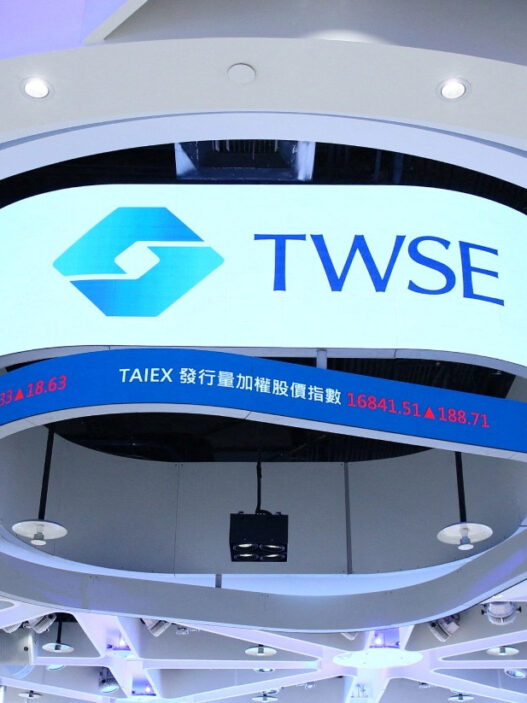The Unexpected Rally That Shook the Hedge Fund World
Powered by MasterCFA.com
What Happened?
In late September 2024, China’s stock market experienced an abrupt and fierce rally, catching many of the country’s biggest hedge funds off guard. The market surge, which saw stocks recover a quarter of their value in less than a week, forced these funds to hastily cover their short positions and incur significant losses in the heavily regulated derivatives market.
Key players affected include:
- Beijing X Asset Management
- Techsharpe Quant (Beijing) Capital Management
- Shenzhen Chengqi Funds
- Winton (British hedge fund)
The rally was triggered by a series of stimulus measures announced by the Chinese government, aimed at revitalizing the country’s struggling economy.
Why Does This Matter?
Impact on the Economy
This sudden market shift has far-reaching implications for both the Chinese and global economies:
- It demonstrates the power of government intervention in financial markets.
- The rally could potentially boost investor confidence in the Chinese economy.
- The losses incurred by major hedge funds may lead to a reassessment of investment strategies in emerging markets.
Personal and Business Effects
- Individual investors who followed these hedge funds’ strategies may have suffered significant losses.
- Businesses relying on stable market conditions for financing or expansion plans may need to recalibrate their strategies.
- The event highlights the importance of diversification in investment portfolios for both individuals and businesses.
Theoretical Concepts in Action
Economic Theories at Play
- Efficient Market Hypothesis (EMH): The rapid market response to new information (stimulus measures) aligns with the semi-strong form of EMH.
- Behavioral Finance: The market’s overreaction and the subsequent scramble by hedge funds illustrate concepts like herding behavior and loss aversion.
- Market Microstructure Theory: The article highlights how regulatory constraints on short-selling and derivatives trading can impact market dynamics.
- Risk Management and Portfolio Theory: The losses incurred by hedge funds underscore the importance of robust risk management strategies and the potential pitfalls of over-reliance on a single strategy.
Real-World Application
The events in China provide a vivid illustration of these theories in action:
- EMH in Practice: The swift market reaction to government stimulus measures demonstrates how quickly new information can be incorporated into asset prices. This is similar to how markets reacted to the announcement of COVID-19 vaccines in late 2020, causing rapid shifts in stock valuations across various sectors.
- Behavioral Finance: The hedge funds’ rush to cover short positions is reminiscent of the GameStop short squeeze in 2021, where retail investors’ coordinated actions forced institutional investors to quickly unwind their positions, leading to significant market volatility.
- Market Microstructure: The article mentions how regulatory constraints on short-selling affected market dynamics. This is similar to how the uptick rule in the U.S. stock market, which restricts short-selling during a downturn, can influence trading strategies and market behavior.
- Risk Management: The drawdowns experienced by major hedge funds highlight the importance of diversification and robust risk management. This recalls the collapse of Long-Term Capital Management in 1998, where over-reliance on a single strategy led to catastrophic losses when market conditions changed unexpectedly.
What Could Happen Next?
- Regulatory Response: Chinese authorities might introduce new regulations to prevent similar market shocks in the future.
- Strategy Shift: Hedge funds may diversify their strategies to better handle unexpected market movements.
- Global Ripple Effects: The event could influence investor sentiment towards emerging markets globally.
- Economic Policy Adjustments: The Chinese government might fine-tune its approach to economic stimulus based on the market’s reaction.
Why You Should Pay Attention
Understanding these market dynamics is crucial for several reasons:
- Career Development: Grasping how different strategies perform under various market conditions can make you a more valuable analyst or fund manager.
- Personal Investing: Recognizing the risks of following trendy investment strategies can help you make more informed decisions with your own portfolio.
- Economic Insight: These events provide a real-world lesson in how government policies, market structures, and investor behavior interact to influence economic outcomes.
- Risk Management Skills: Learning from these hedge funds’ experiences can help you develop better risk assessment and management skills, applicable in various financial roles.
Questions to Ponder
- How might the Chinese government balance the need for economic stimulus with the goal of maintaining market stability?
- What lessons can individual investors learn from the hedge funds’ experiences in this market event?
- How might this event influence the development of quantitative trading strategies in emerging markets?
- In what ways could global investors adjust their approach to Chinese markets in light of this event?
- How might the relationship between regulators and hedge funds evolve following this market shock?
Keep Learning with MasterCFA: Staying informed about market dynamics and their economic impacts is essential for any budding analyst. Dive deeper into these topics to enhance your understanding and prepare for the CFA Exam. Explore more insightful articles and resources with MasterCFA to stay ahead in your finance career.















